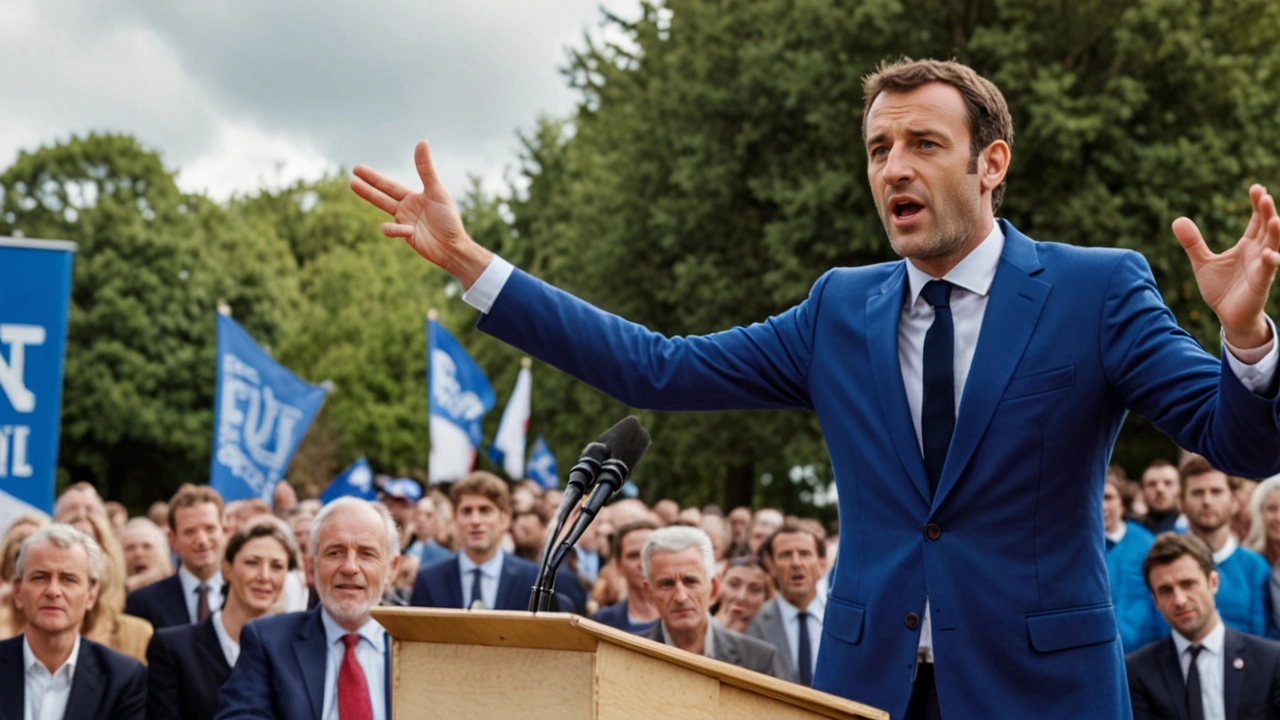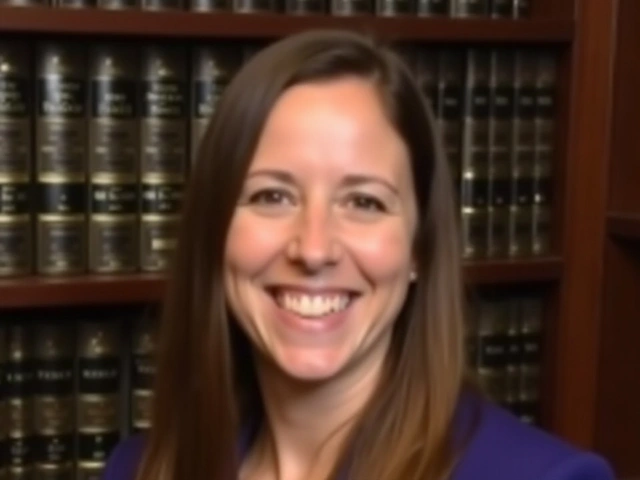French Parliamentary Election Results in Hung Parliament, Leading to Political Uncertainty
The political landscape in France has been thrust into a state of flux following the latest parliamentary election, which concluded with no single party achieving a clear majority. The New Popular Front alliance emerged victorious in terms of seat count but fell short of the 289 seats required for an outright majority in the National Assembly, which, in total, comprises 577 seats. As a result, the country faces a hung parliament where no party has absolute control, marking a period of political uncertainty and potential instability.
This outcome highlights the intricacies and challenges of French politics, a system where coalition-building and strategic alliances become necessary to navigate the legislative process effectively. The New Popular Front, despite its leading seat count, will need to seek alliances with other parties to pass laws and push forward its legislative agenda. Such coalition dynamics are not entirely unfamiliar to French politics, but the current scenario demands a more nuanced approach to governance.
The Role and Structure of the National Assembly
The French National Assembly is the lower house of the French parliament, with a total of 577 seats. Members, known as deputies, are elected to serve a five-year term. The assembly is a crucial institution in the legislative process, responsible for considering and passing laws, debating national issues, and representing the electorate's interests. In a typical election, a party or coalition needs to secure at least 289 seats to establish a majority, enabling more straightforward legislative proceedings without the continuous need for external support.
However, with no party achieving this threshold in the recent election, the New Popular Front finds itself in a position where it must negotiate with other parties to form a working majority. This situation can create both opportunities and challenges. On the one hand, it may lead to more inclusive and representative governance, as multiple parties collaborate to address the nation's issues. On the other hand, it can also result in gridlock and stalled policies if consensus proves difficult to achieve.
The Implications for French Governance
The immediate implication of a hung parliament is the need for the New Popular Front to engage in coalition-building efforts. The alliance, although holding the most seats, lacks the unilateral power to implement its programs and policies. This necessity for collaboration means that compromise will be essential. The New Popular Front will have to identify common ground with potential coalition partners, which may force them to moderate some of their more ambitious proposals in favor of more broadly acceptable measures.
Looking ahead, this political environment could lead to a period of robust debate and negotiation within the National Assembly. Parties will need to articulate their positions clearly and be prepared to engage in constructive dialogue. The necessity for coalition governance could also stimulate greater political engagement among the electorate, as citizens see their representatives working across party lines to achieve tangible outcomes.
Challenges Ahead for the New Popular Front
The New Popular Front faces significant challenges as it navigates this new political reality. One of the primary difficulties will be maintaining unity and coherence within its alliance while simultaneously reaching out to other parties. Internal divisions and differing priorities among alliance members could complicate efforts to present a unified front during coalition discussions.
Additionally, the New Popular Front will need to balance the expectations of its base with the practicalities of coalition governance. Voters who supported the alliance may have done so with certain key policies in mind, and satisfying these expectations while securing support from other parties could be a delicate balancing act. Achieving this balance will be critical for maintaining voter confidence and support in future elections.
The Potential for Policy Innovation
While the complexities of a hung parliament undeniably pose challenges, they also open up possibilities for policy innovation. As parties come together to form coalitions, there is potential for the cross-pollination of ideas and the emergence of innovative solutions to national issues. This environment can foster a culture of creativity and collaboration, as diverse perspectives come together to craft policies that address the multifaceted needs of the nation.
Moreover, the necessity for negotiation and compromise could lead to more balanced and well-rounded policies. As parties incorporate elements of each other's platforms, the resulting legislation may better reflect a wider range of viewpoints and interests, ultimately benefiting the broader population.
Historical Context and Future Outlook
Hung parliaments are not entirely unprecedented in French political history. Several previous elections have produced similar outcomes, leading to periods of coalition governance. These historical instances demonstrate both the challenges and opportunities inherent in such situations. While coalition governance can be complex and demanding, it can also lead to significant achievements when parties successfully work together.
Looking forward, the New Popular Front's ability to navigate this hung parliament will be a critical test of its political acumen and leadership. The alliance will need to demonstrate adaptability, strategic thinking, and a commitment to collaboration. How effectively it manages these dynamics will not only shape its immediate legislative agenda but also influence its standing in future elections.
In conclusion, the recent French parliamentary election has ushered in a period of political uncertainty and potential transformation. With no party securing an outright majority, the New Popular Front must engage in coalition-building efforts to govern effectively. This scenario presents both significant challenges and opportunities, ultimately shaping the future trajectory of French politics.






Write a comment